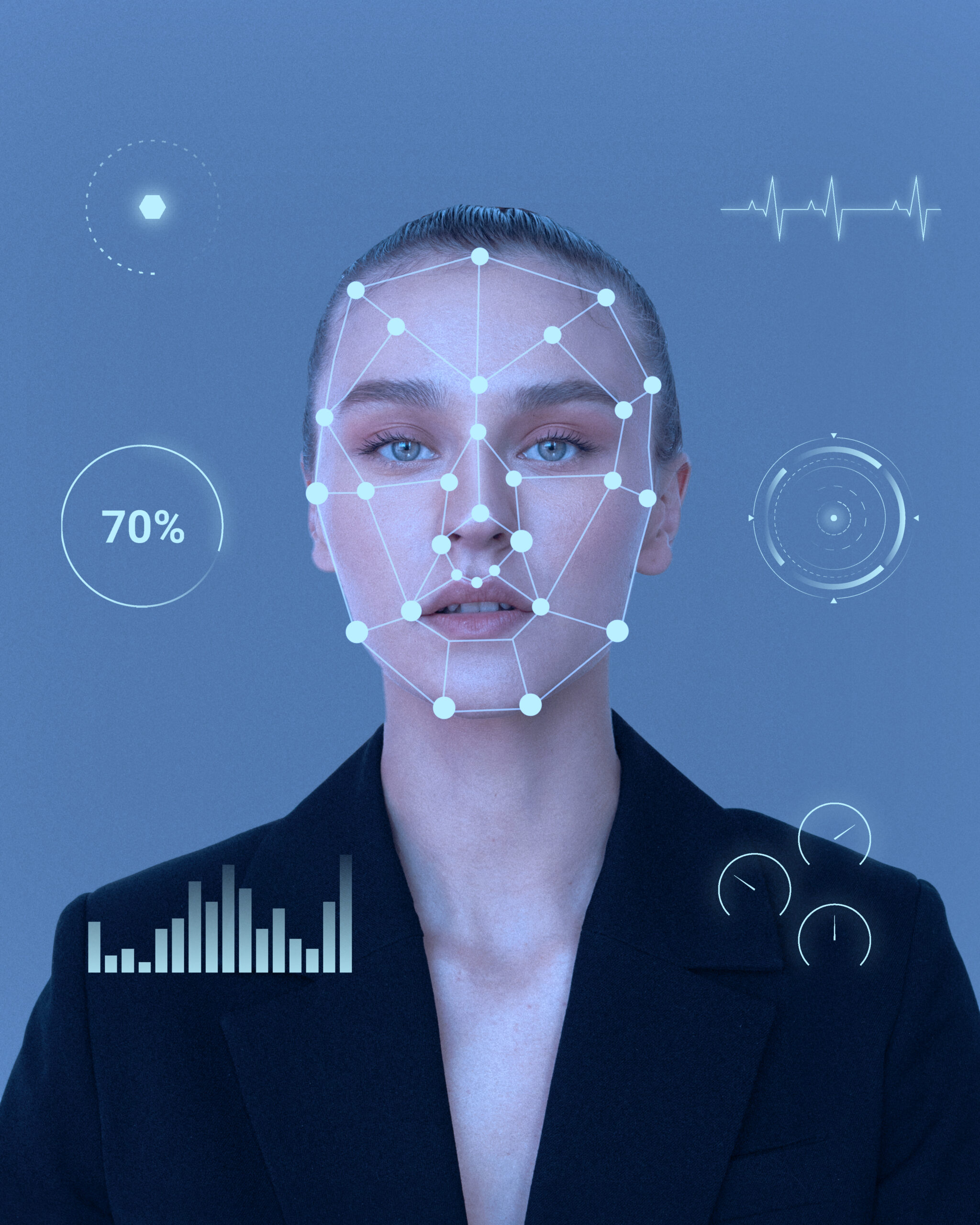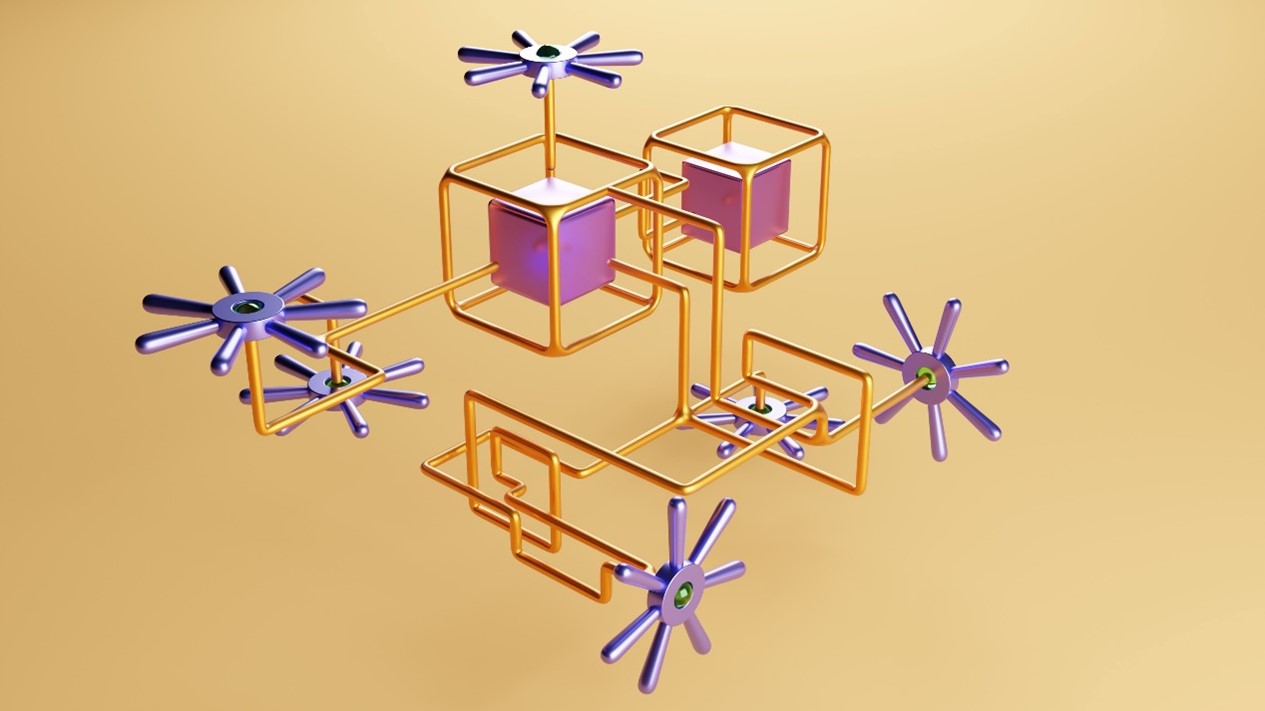Internal Articles
Empowering Software Development with AI
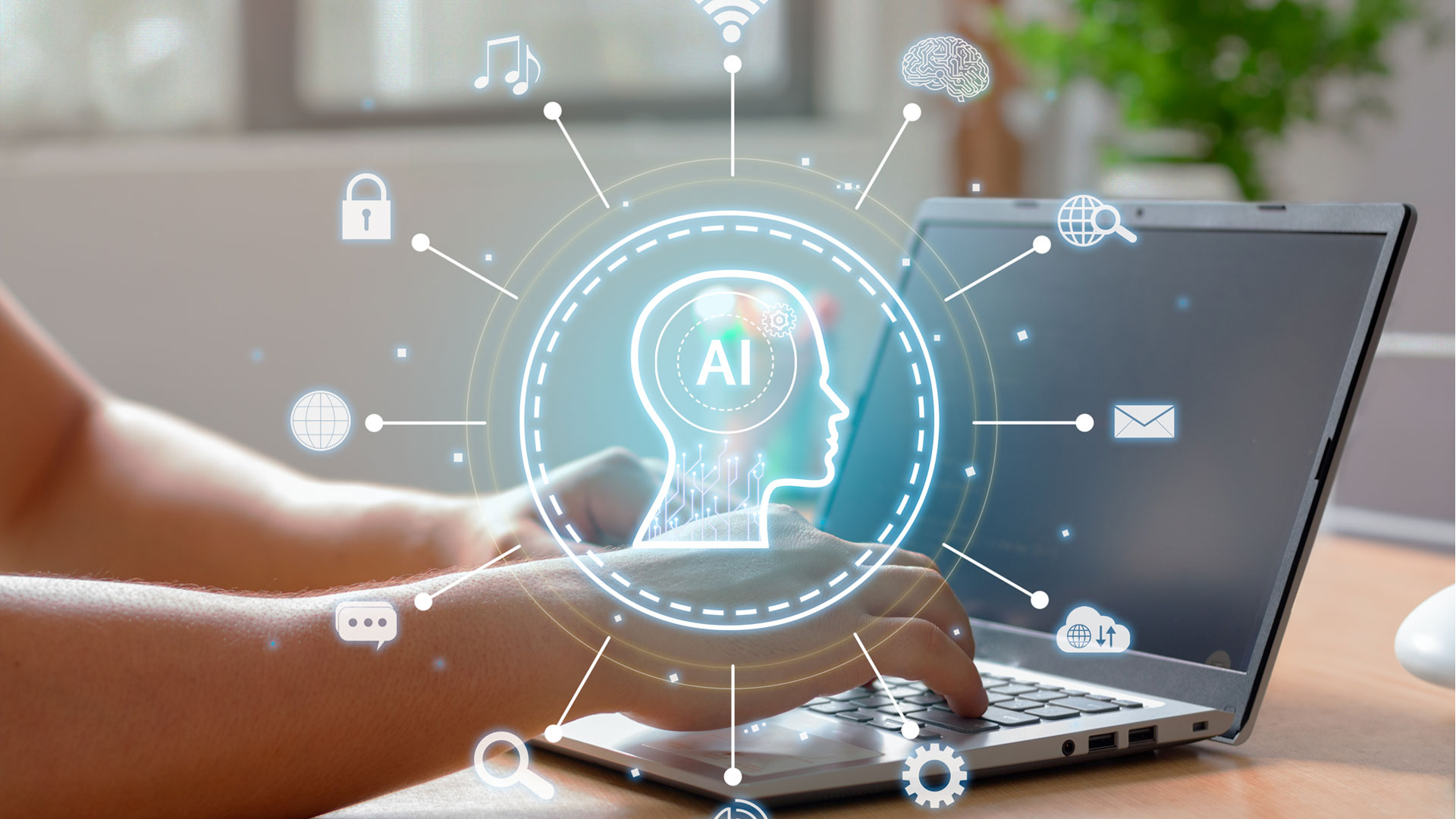
An Overview of OutSystems' AI Components and Connectors
As reported by Aberdeen and IBM, organizations incorporating AI components in their application development are 33% more likely to enhance customer satisfaction, 3x more likely to attract new customers, and 2.5x more likely to retain existing customers.
Understanding AI in Software Development
At its essence, artificial intelligence replicates human intelligence processes through algorithms and data. Whether automating manual tasks or mimicking cognitive functions, AI in software development becomes a potent tool.
AI software development automates tedious aspects of application building, such as code duplication, manual testing, UI element creation, and layout updates. It also tackles complex problem-solving, data analysis, and intelligent decision-making, leveraging the computational capabilities of machines.
The integration of AI tools into software development introduces a host of technical advantages, significantly enhancing the development process and user experience. Here is a breakdown of these benefits:
Accelerated Time-to-Market: AI-driven automation expedites repetitive tasks, streamlining testing and deployment, resulting in quicker product releases and a competitive edge.
Task Automation: AI automates code generation, testing, and deployment, allowing developers to focus on solving complex problems with innovative applications rather than mundane tasks.
Enhanced User Experience: AI-driven personalization analyzes user behavior and preferences, delivering tailored user experiences that boost engagement and retention.
Predictive Modeling: AI’s technical prowess lies in predictive modeling, making data-driven predictions, identifying potential application issues, and anticipating user behavior and market trends using advanced algorithms and machine learning.
AI in OutSystems
Since 2018, OutSystems has integrated artificial intelligence across its platform and the software development lifecycle. The emergence of ChatGPT has revolutionized development practices, enabling the generation of functional code through prompts, challenging established norms. But what does this really mean for software development?
The OutSystems Forge now offers new components facilitating the incorporation of advanced AI and machine learning functionalities into low-code applications. These user-friendly components utilize familiar drag-and-drop patterns, ensuring that creating applications with the power of low-code and AI becomes faster and more accessible.
This technical article is designed to provide an overview of the most popular AI software and foundational components currently available in the OutSystems Forge.
Azure Open AI connector

Azure OpenAI Service provides REST API access to OpenAI’s powerful language models including the GPT-4, GPT-4 Turbo with Vision, GPT-3.5-Turbo, and Embeddings model series. These models can be easily adapted to content generation, summarization, image understanding, semantic search, and natural language to code translation.
This connector seamlessly links you to the advanced AI capabilities of Azure OpenAI while prioritizing security and compliance. With Azure OpenAI, your data remains in your control, as OutSystems does not use customer data for model retraining. The connector enables three crucial operations:
- Completions:
This function serves as an AI assistant, providing accurate predictions based on simple prompts. It generates tailored completions for various needs, from workflow streamlining to creative inspiration.
- Chat Completions:
Empowering you to craft compelling completions for chat messages using ChatGPT and GPT-4 models, this feature enhances customer interactions and elevates user experiences in your applications.
- Embeddings:
The Embeddings capability facilitates obtaining vector representations for any input, streamlining integration with machine learning models and algorithms. Enhancing data analysis, recommendation systems, and expediting research and development efforts.
Azure LUIS connector

Leverage the Azure LUIS connector to empower your applications with the ability to extract information from text. This connector interfaces with Microsoft Language Understanding Intelligent Services (LUIS), which is characterized by Microsoft as “a cloud-based API service that applies custom machine-learning intelligence to a user’s conversational, natural language text to predict overall meaning, and pull out relevant, detailed information.”
You can use the following link to assist you in setting up the Azure LUIS connector within your OutSystems application:
Azure QnA Maker connector

The Azure QnA Maker is a cloud-based API service designed to respond to your users’ natural language queries. It accomplishes this by identifying the most suitable answer from the QnAs stored in your knowledge base. These knowledge bases can be conveniently created from your semi-structured content, including FAQ URLs or support documents.
Feel free to check this guide for setting up the Azure QnA Maker Connector in your OutSystems applications:
Explore additional Azure AI components in Forge by checking out the following options:
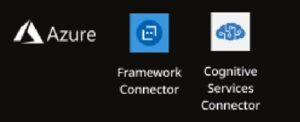
Amazon Bedrock connector

Amazon Bedrock is a fully AWS managed service that gives you unified access to a selection of foundation models (FMs) from leading AI companies. Bedrock features models from AI21 Labs, Anthropic, Cohere, Stability AI, and Amazon and more models are to be added over time.
This component allows developers to use generative AI in their applications, connecting to a wide range of foundation models hosted on AWS.
- Claude_v2
Anthropic’s most powerful model, which excels at a wide range of tasks from sophisticated dialogue and creative content generation to detailed instruction following.
- Titan
Titan Embeddings Generation 1 (G1) – Text is fast and cost-effective. Designed for fast responses, this model is an ideal choice for language processing tasks that require maximum affordability and less processing power.
- StableDifusionXL
SDXL produces more detailed imagery and composition than its predecessor and represents an important step forward for Stability’s models.
Refer to this article for guidance on integrating with this component:
https://itnext.io/get-started-with-outsystems-and-amazon-bedrock-80cef32a79ea
Discover other AWS AI components in Forge that are worth exploring:

ChatGPT connector

The OutSystems connector for ChatGPT is now available, allowing developers to easily integrate generative AI into applications using. This connector enables the creation of AI-powered applications within minutes, expanding into various use cases such as customer support, virtual assistants, travel and booking apps, language translations, and more.
There are many applications for this versatile component, such as comparing insurance policies by analyzing documents and generating key variations. It can help legal and finance departments, by assisting professionals in summarizing complex documents like contracts and regulatory filings. This connector can also enable personalized recommendations in e-commerce, utilizing user preferences and historical data for the best customer experience. Additionally, this connector can power virtual assistants for natural language interactions, providing personalized responses and enhancing user productivity.
OutSystems.AI Chatbot

The OutSystems.AI Chatbot can help you to develop a customized chatbot, enabling users to engage with your services through a chat interface. OutSystems uses Microsoft Azure as the AI provider. Use the chatbot webhook module to connect to Azure and design advanced responses, for example to send a file or create a card with buttons or suggested actions.
This link will help you to setup the OutSystems.AI Chatbot in your application:
OutSystems.AI Language Analysis

The OutSystems.AI Language Analysis component can help on detecting key phrases, calculating sentiment analysis, language detection, Spell Check or Speech-to-Text Transcription.
This tutorial can help you in configuring the OutSystems.AI Language Analysis component: https://success.outsystems.com/documentation/11/extensibility_and_integration/artificial_intelligence/use_the_ai_language_analysis_component_in_your_outsystems_apps/
Google Dialogflow connector

Dialogflow, former API.ai connector for Dialogflow empowers users to enhance their product interactions through the creation of compelling voice and text-based conversational applications, commonly referred to as Bots.
The sequence a Dialogflow agent undergoes, from initiation to completion, mirrors the process of someone responding to a question with certain adaptations. In the image presented below, there is a comparation between a typical “human to human” interaction with a dialogue involving a Dialogflow agent.
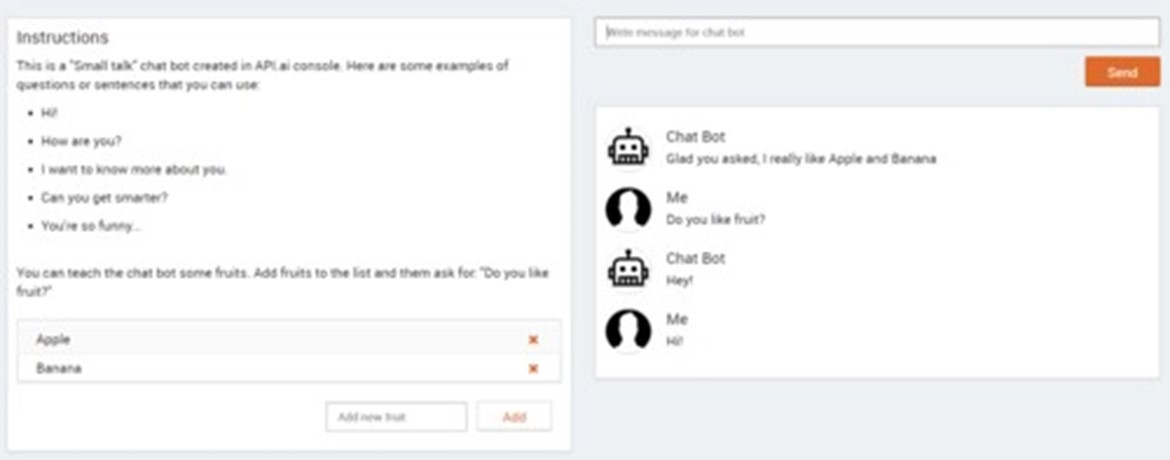
Navigating the Future with OutSystems
In conclusion, the integration of artificial intelligence (AI) into software development has emerged as a pivotal force, offering transformative benefits across various facets of the development lifecycle.
While the components described are in this article are of great help, there are already numerous options worth of exploration in the OutSystems Forge. Moreover, as we navigate the future of AI-powered software development, the possibilities for new AI components and connectors are limitless.
The commitment to low-code development with integrated AI technologies is evident in OutSystems’ continuous efforts, exemplified by initiatives like Project Morpheus and the expansion of the OutSystems Forge. With AI-driven automation, predictive modeling, and personalized user experiences, developers can accelerate time-to-market, automate tasks effectively, and craft applications that meet the evolving demands of the digital age.
 | Diana Salvador OutSystems Technical Lead |


